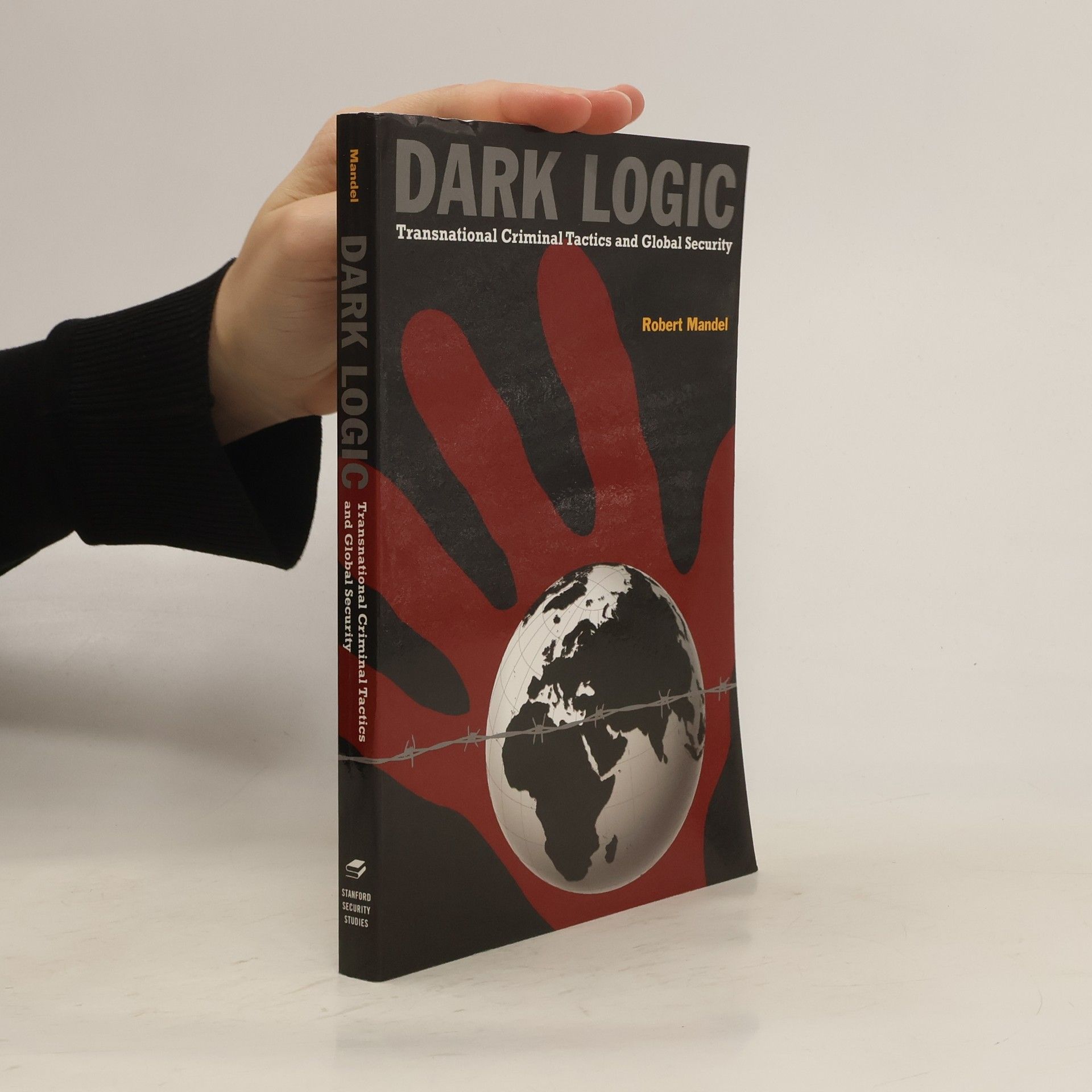This book constitutes the first major study showing (1) when transnational organized crime is likely to use corruption and violence tactics, (2) when transnational criminal activities most affect individual and state security, and (3) when the negative consequences of these tactics and activities can be most successfully combated.
Robert Mandel Livres
1 janvier 1949



Classical & Romantic Instrument Marvels
- 174pages
- 7 heures de lecture
"Analyzing twelve recent case studies of violence between native citizens and foreign migrants, Mandel analyzes the conditions inflaming hate-based violence and provides policy recommendations for managing it in an interdependent, globalizing world"--